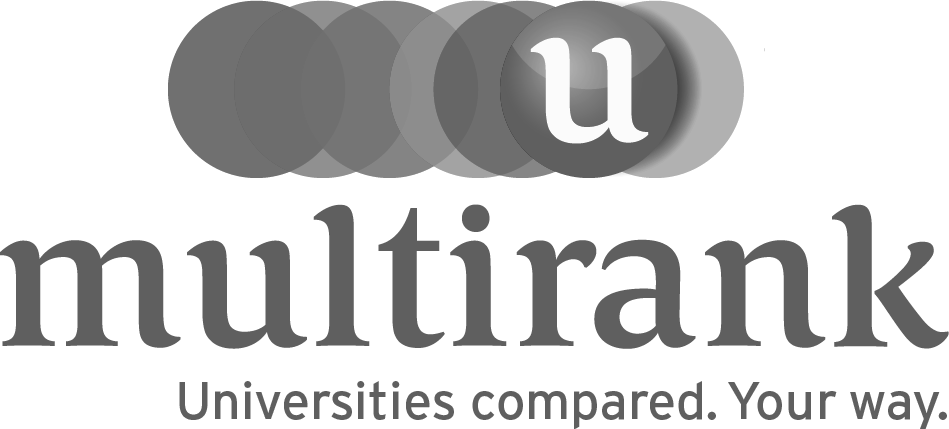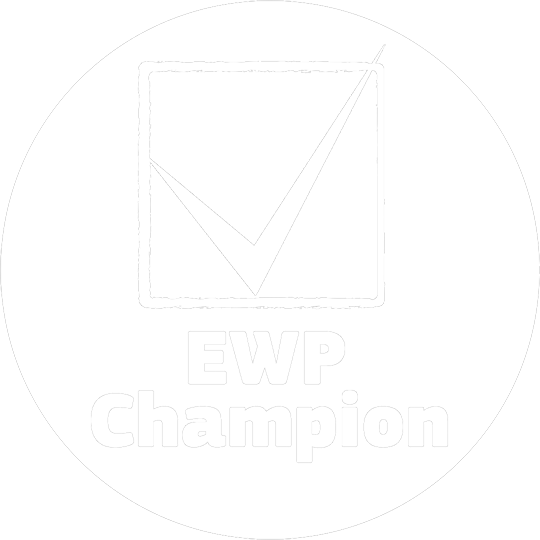
The goal of the HORIZON SeaClear 2.0 project, as well as of its predecessor project H2020 SeaClear, is to use robots in the fight against one of the most serious global ecologic problems: marine litter. Solving the problem of marine letter represents risks the lives of divers and it is not cost-effective. This initiative, funded by the EU, aims to launch a fleet of smart robots to recognise and remove marine litter and it follows the successful H2020 SeaClear project. This system uses a combination of drones, underwater rovers, autonomous surface vessels and adjusted robotic grippers. By using artificial intelligence, robots can autonomously identify, locate and collect litter. The aim of the consortium is to considerably expand the capabilities of the H2020 SeaClear system by this project.
The partners implementing H2020 SeaClear have expanded the consortium and have acquired the necessary funds to continue their work on developing the robot system. They plan to develop a holistic solution of the marine litter problem through the project: SeaClear2.0 Scalable Full-cycle Marine Litter Remediation in the Mediterranean: Robotic and Participatory Solutions.
The SeaClear2.0 project plans to go beyond technical innovations by integrating state-of-the-art technologies in a holistic approach, which will include community activation in finding the solution for marine littering by increasing the valorisation of litter and contributing to science-based policy-making.
The technological core of the SeaClear2.0 project is a significantly upgraded robotic system for autonomous collection of litter, which can go deeper, raise heavier litter as well as tackle the surface litter issue. The project will commence by improving the high-resolution sonar sensors as well as other types of sensors, such as sensors for microplastic and electromagnetic sensors. It is also planned to develop a smart, controllable gripper device that can collect larger waste, such as tyres, bicycles or pipes. A new carrier with flexible partition chambers for various type of litter will be designed to for the transport of bulkier and heavier waste, which is something similar to adjustable partitions in drawers. Surface litter will be collected by autonomous mobile team that can work in limited areas and in shallow waters. The new system can be operated together with the version SeaClear1.0.
With almost half a billion tons of plastic that comes to the European seas, the technological solutions for recognising and removing marine litter must be aligned with social interventions in order to prevent and decrease the creation and disposal of waste by the European citizens. SeaClear2.0 will empower and engage citizens, it will undertake various activities to inform them about environmental issues, and develop a gamified app to report litter. It will also inform citizens about various cleaning activities, it will organise exhibitions, competitions and art installations. The team will also look for better solutions how to sort and recycle litter in order to valorise the collected waste and will work together with local communities in developing new recommendations how to solve the deficiencies in the respective legislation.
The new, improved system will be presented through 3 demonstrations, covering the full scope of the project and in 3 pilot locations throughout the Mediterranean. Apart from that, 5 sub-projects will be funded from this project in order to valorise parts of this system and the approaches in other regions of the Mediterranean basin.
The HORIZON SeaClear2.0 project will start on 1 January 2023 and will last for 48 months. The total project budget amounts to € 9,086,305.00, of which € 7,971,863.50 are funded by the EU, and more than € 850,000 is reserved for UNIDU. The consortium consists of the following 13 partners from 9 countries, which are experts in their various fields of activity, i.e. in public inclusion, strategy making, robot perception and management, artificial intelligence, marine technology, diving operation and sorting and collecting waste: Delft University of Technology (the Netherlands, project coordinator), DUNEA Regional Agency (Croatia), Fraunhofer Institut (Germany); Hamburg Port Authority (Germany), Isotech (Cyprus), M.Danchor (Israel), Subsea Tech (France), Técnicas y Obras Subacuáticas (TECNOSUB) (Spain), Technical University of Munich (Germany), University of Dubrovnik (Croatia), Technical University of Cluj-Napoca (Romania), Veolia (France) and Venice Lagoon Plastic Free (Italy).
Project manager at UNIDU is Associate Professor Ivana Palunko, PhD, Head of the Laboratory for Intelligent Autonomous Systems (LARIAT) from the Department of Electrical Engineering and Computing, whose research team contributes to the technological development in in the area of robotics, artificial intelligence and autonomous management. Associate Professor Marijana Pećarević, PhD, Associate Professor Ana Bratoš Cetinić, PhD, Assistant Professor Marina Brailo, PhD, Assistant Professor Kruno Bonačić, PhD from the Department of Applied Ecology are also part of this project. The goal is to ensure that the robot system that is to be develop does not endanger the plant and animal life in the marine environment in any way. Associate Professor Nebojša Stojčić, PhD from the Department of Economics and Business is also part of this project, and he participates in the making of the feasibility study that will analyse the economic cost-effectiveness of such a system.











